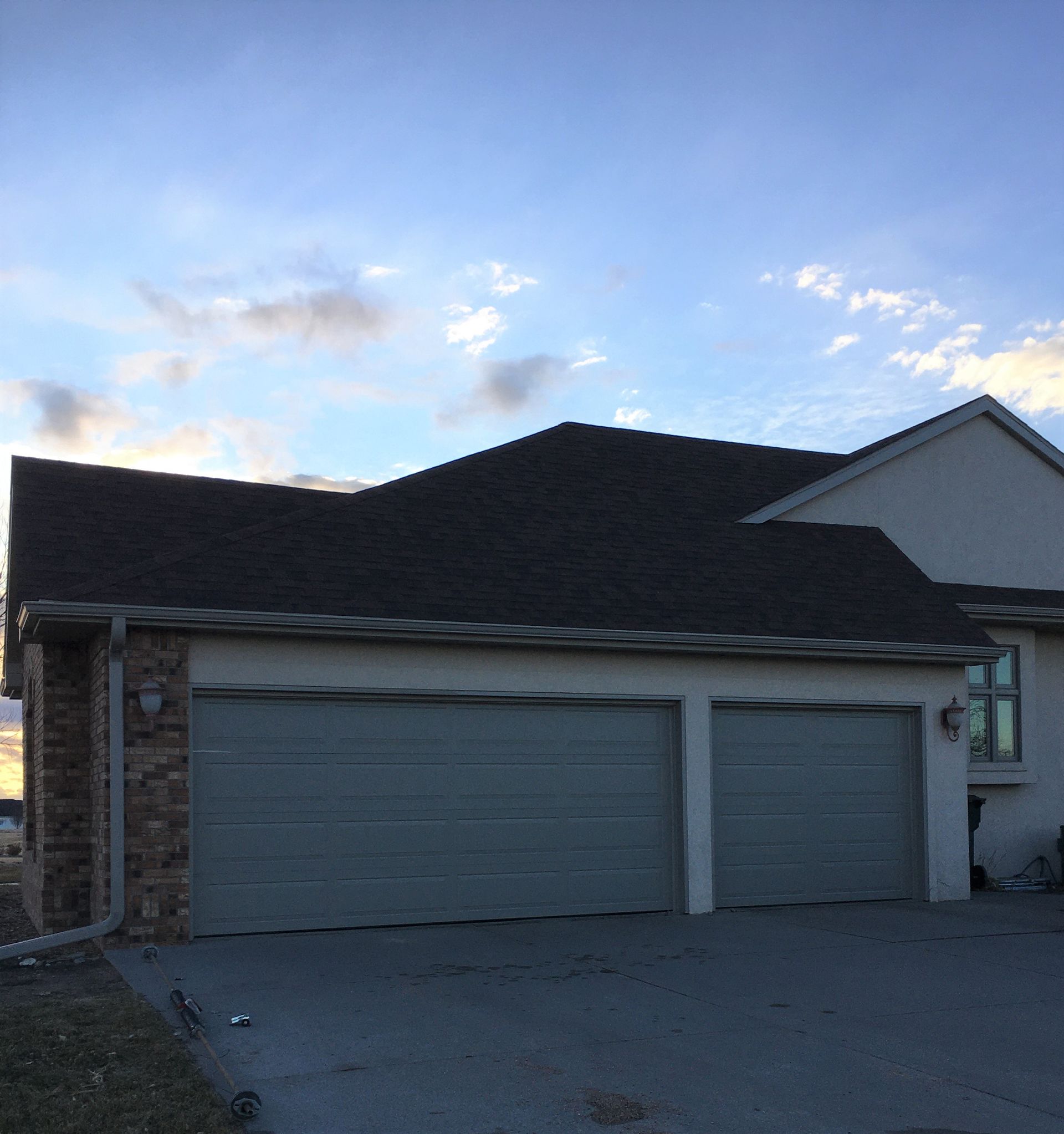Roof insulation is an often-overlooked component of your home’s energy efficiency. Let’s explore how proper insulation can boost roof performance, reduce energy costs, and increase comfort in your home.
The Connection Between Insulation and Roof Effectiveness
Roof insulation is vital for your home’s temperature regulation. It prevents heat from escaping in the winter and keeps your home cool during summer, enhancing comfort and energy efficiency.
Insulation’s Role in Reducing Heating and Cooling Costs
Inadequate insulation forces heating and cooling systems to overwork, driving up your energy bills. Upgrading your roof insulation helps retain temperature, reduce energy costs, and lower your carbon footprint.
Tips for Upgrading Roof Insulation
- Check the R-Value: Opt for a higher R-value to boost insulation performance. Select the appropriate R-value depending on your climate zone.
- Switch to Reflective Insulation: Reflective insulation can help reduce heat absorption in warmer climates, improving energy efficiency.
- Address Air Leaks: Make sure to seal any air leaks around vents, skylights, and chimneys to stop warm or cool air from escaping.
- Insulate the Attic: Heat rises, so attic insulation is crucial to preventing energy loss. Make sure your attic is properly insulated.

Why Weathercraft Recommends Certain Insulation Solutions
We suggest eco-friendly, durable insulation materials that ensure long-term performance. Weathercraft’s experts will assess your needs and recommend the best insulation solutions for maximum energy efficiency and budget flexibility.